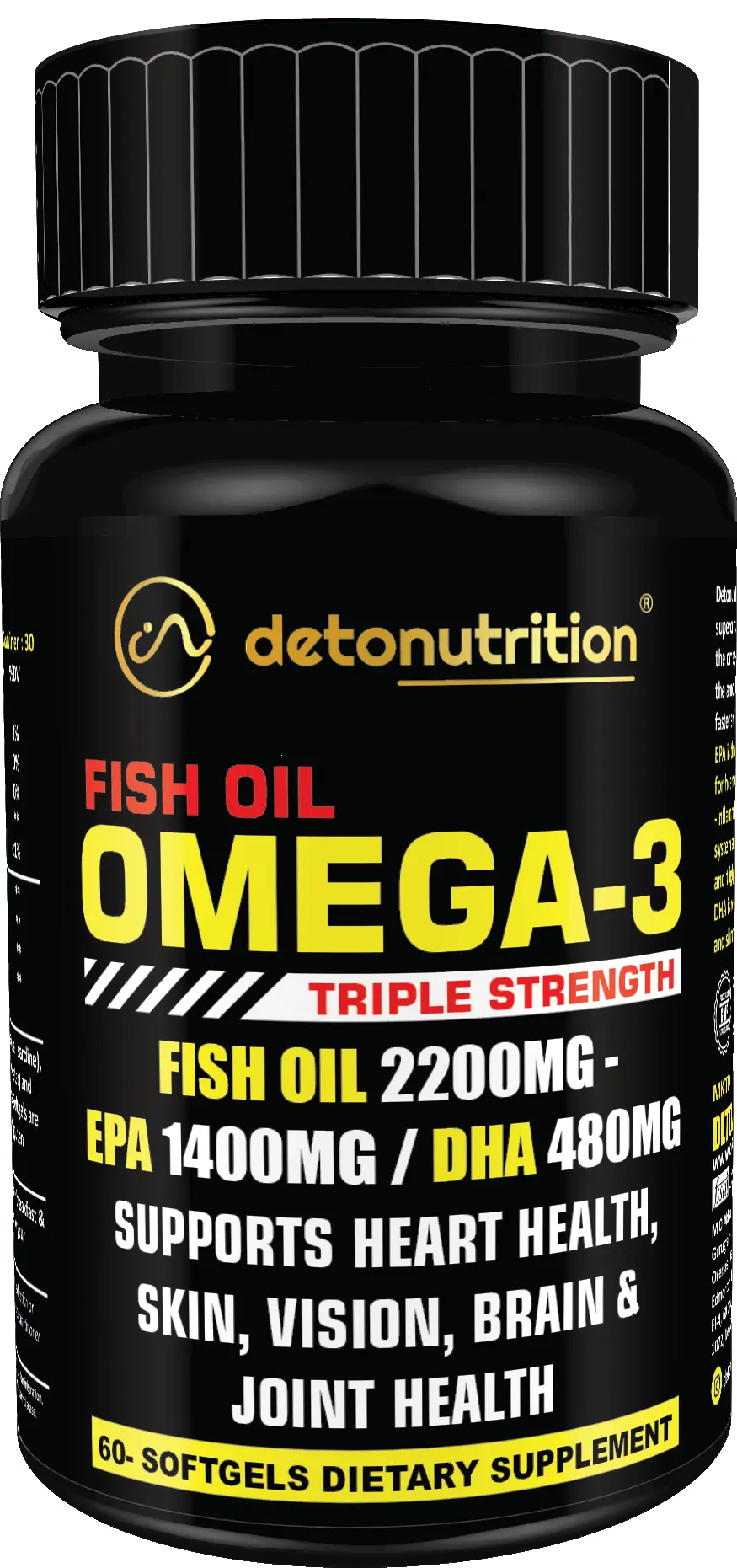Is It Safe To Take BCAA Everyday?
Muscle Recovery, Strength Booster
When it comes to fitness, we’ve all seen the promises: faster recovery, enhanced performance, and better muscle growth. Athletes, bodybuilders, and casual gym-goers alike often reach for BCAA supplements, to unlock the secret to superior workouts and quicker recovery. In this blog, we’ll take a closer look at BCAAs, the benefits of using them daily, and the potential risks that come with long-term supplementation. Let’s dive in!
What Exactly Are BCAAs?
BCAAs are a group of three essential amino acids that are "essential" because your body cannot produce them; you have to get them from your diet or supplements. BCAAs play a critical role in muscle protein synthesis, which is your body’s process of building new muscle tissue after exercise. Many athletes take BCAAs pre-workout to fuel their body before exercise, while others use them post-workout to aid in muscle recovery.
How Do BCAAs Benefit You?
Whether you’re a gym enthusiast, a seasoned athlete, or someone just trying to stay active, BCAAs can potentially offer several advantages:
1. Enhanced Performance
Research shows that BCAA supplementation, particularly pre-workout, can improve endurance during exercise. By delaying fatigue, BCAAs allow you to push yourself harder, potentially leading to better overall performance in both strength and cardio exercises.
2. Prevention of Muscle Breakdown
When you exercise intensely, especially during a calorie deficit (if you’re trying to lose fat), your body can break down muscle tissue for energy. BCAAs help reduce this breakdown, protecting lean muscle mass and potentially leading to better body composition.
3. Reduced Fatigue
BCAAs can help lower the production of serotonin in the brain, which is a neurotransmitter responsible for the feeling of fatigue during exercise. This may allow you to train longer and more intensely.
4. Support for Immune Function
Intense exercise can sometimes impair your immune system, leaving you susceptible to illness. BCAAs may provide support for immune function and reduce the chances of getting sick during intense training periods.
5. Muscle Recovery
After intense exercise, your muscles need to repair and rebuild. BCAAs help by reducing muscle soreness and accelerating recovery time. When taken post-workout, they can support muscle repair and reduce the breakdown of muscle tissue during prolonged training sessions.
Is It Safe to Take BCAA Every Day?
In general, for most healthy individuals, taking BCAA supplements every day can be safe and effective—when used correctly. However, like any supplement, there are a few important considerations to keep in mind.
1. Dosing and Timing Matters
First and foremost, the dosage of BCAAs matters. Most BCAA supplements recommend a dose ranging from 5 to 10 grams per serving. Some may even suggest taking more, especially if you are engaging in intense exercise or have a higher muscle mass. However, it’s crucial to follow the recommended dosage on the product label or speak with a healthcare provider if you’re unsure.
For best results, many athletes prefer to take BCAAs pre-workout for enhanced performance or post-workout to aid recovery. Some also sip on BCAAs during their workout to reduce fatigue and prevent muscle breakdown.
2. Overconsumption Can Cause Issues
Taking too much BCAA every day might lead to some unwanted side effects. While the body can typically tolerate BCAAs in moderate doses, consuming high amounts regularly can potentially affect kidney and liver function over time, especially if you already have pre-existing conditions related to these organs. High doses could also lead to digestive issues like bloating, nausea, and stomach cramps.
It’s also important to remember that BCAAs are only three amino acids in a sea of essential nutrients your body needs. Relying too heavily on BCAA supplements might lead to an imbalance in your overall amino acid profile. Ideally, you should consume a variety of amino acids from whole foods, like lean meats, fish, eggs, and plant-based sources, to support overall health.
Conclusion: Should You Take BCAAs Every Day?
For most healthy individuals, taking BCAAs every day can be both safe and effective. Whether you choose to take BCAAs pre-workout for improved performance or post-workout for faster recovery, these supplements can support your fitness goals when used correctly.
However, it's essential to listen to your body and avoid over-reliance on supplements. Balance your BCAA intake with a nutritious diet rich in whole foods, and stick to recommended doses. If in doubt, consult a healthcare professional to ensure BCAAs are a good fit for your personal needs and health status. Ultimately, BCAA supplements can provide valuable support for those aiming to improve their workouts and recovery. Just remember to use them as a tool in your broader fitness and nutrition strategy!

We have a vision to take good care of your health and nutrition with products which are made from research and experience. Our team is technical as well as experienced so that we can deliver you the best products for your health and wellness.
Stay Fit, Stay Healthy And Stay Happy Always!
QUICK LINKS
CATEGORIES
Subscribe Us
Subscribe to Dr. Aaditya's Health Blog Email Newsletter
© Copyright - Detonutrition. All Right Reserved 2026.




